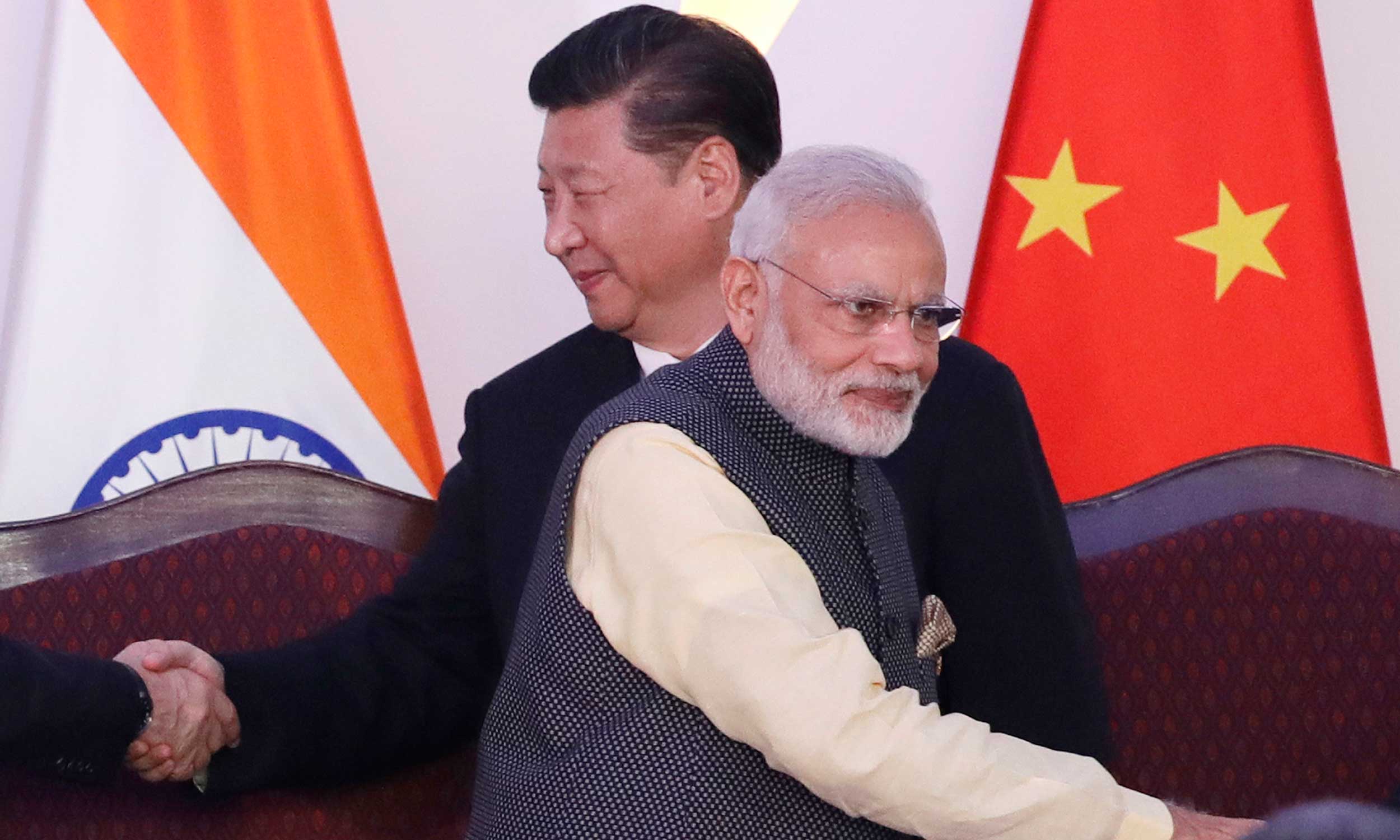China has been described variously as “totalitarian”, “authoritarian”, “soft-authoritarian”, “a surveillance state” and “a dictatorship” but never “a democracy”. Now, the largest single-party regime in the world has compelled the largest democracy in the world to relearn its multi-party manners.
China has made Prime Minister Narendra Modi remember two indispensable ingredients of a democracy: the endangered species called the Opposition and a rarely sighted event known as the all-party meeting.
Around 1.30pm on Wednesday, the Prime Minister’s Office tweeted: “In order to discuss the situation in the India-China border areas, Prime Minister @narendramodi has called for an all-party meeting at 5 PM on 19th June. Presidents of various political parties would take part in this virtual meeting.”
The sterile announcement would normally have drawn the attention of hardly anyone other than those who have to attend such events.
But this announcement was different. Prime Minister Modi, famously allergic to media conferences and addicted to addresses to the nation, was reaching out to the Opposition even before he had shared with the country his thoughts and anguish about the deaths of 20 soldiers in Ladakh.
It would be another hour and more before the Prime Minister broke his silence on the Ladakh carnage, at a meeting with chief ministers on Covid-19. Perhaps the upcoming chief ministers’ meeting compelled Modi to announce the all-party meeting and pre-empt uncomfortable moments in public.
But rarely has Modi accorded such priority to the Opposition.
For the past few weeks, the Congress and some others have been clamouring for details on the Ladakh front, questioning the Prime Minister’s silence and repeatedly pleading with Modi to take the nation into confidence.
⦾ On May 29, Congress MP Rahul Gandhi had tweeted: “The government’s silence about the border situation with China is fuelling massive speculation and uncertainty at a time of crisis. The government must come clean and tell India exactly what’s happening.”
⦾ On June 3, Congress spokesperson Abhishek Singhvi had said: “We stand by the government on matters of national security but how will you ensure the nation’s support without sharing the facts?”
The Prime Minister did not even acknowledge the Opposition, let alone address the concerns raised by them.
When Rahul persisted with his questions and questioned the Prime Minister’s silence, law minister Ravi Shankar Prasad was deployed on June 10. Prasad declared: “Questions about international relations and strategic affairs are not asked on Twitter.”
It was not clear whether Prasad could catch a crow big enough to match the occasion and eat it for lunch on Wednesday when the august office of the Prime Minister chose nothing other than Twitter to announce the all-party meeting.
In the past six years, Modi has on very few occasions accepted the Opposition’s demand for an all-party meeting on key issues. Apart from the customary all-party meetings ahead of every Parliament session, the number of such efforts on significant issues can be counted on fingertips. The most recent one was in early April to discuss the situation arising out of the Covid pandemic.
Modi has obliged the Opposition only when he has found himself in a tough corner on certain issues. On demonetisation, he had called an all-party meeting in 2016 after his proclaimed big bold effort seemed to be going awry, inflicting misery on the masses.
Earlier in the same year, when the situation in the Kashmir Valley was worsening, Modi had called an all-party meeting to seek suggestions.
The third one, in June 2019, was to discuss one of Modi’s pet issues: “One nation, one election” or simultaneous polls. Not much has been heard of the issue since then.
On other issues of grave importance, such as the Pulwama terror attack followed by the airstrikes in Balakot in Pakistan, Modi chose to snub the Opposition.
The government accepted the Opposition’s demand for meetings on Pulwama and Balakot but these were held without Modi. The then home minister, Rajnath Singh, chaired the meeting on Pulwama and the then foreign minister, Sushma Swaraj, on Balakot.
The Opposition had said the Prime Minister should have convened the meeting on the two key issues but its voice went unheard.
A year down the line, the Dictatorial Dragon has forced the Democracy Elephant to return to the straight and the narrow.











